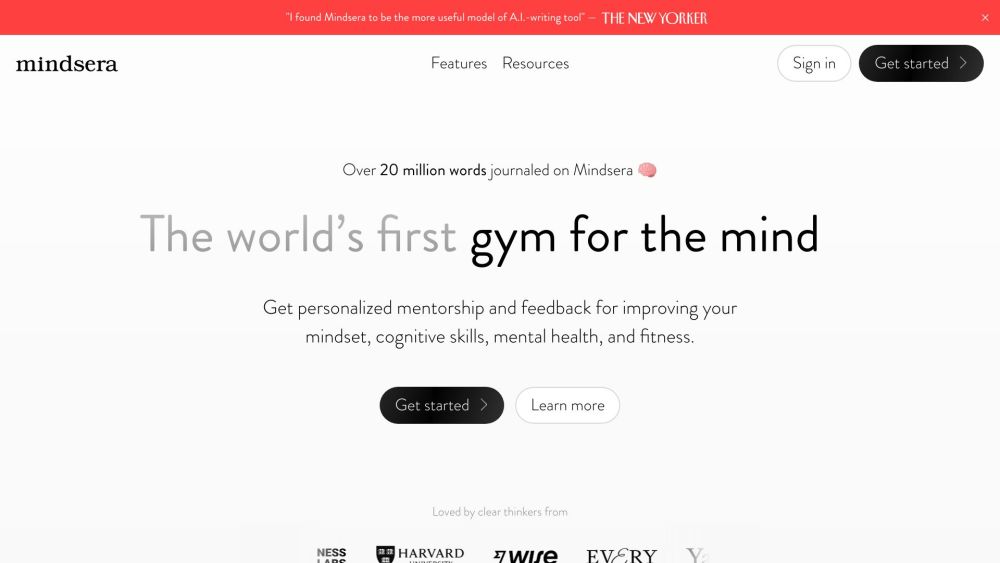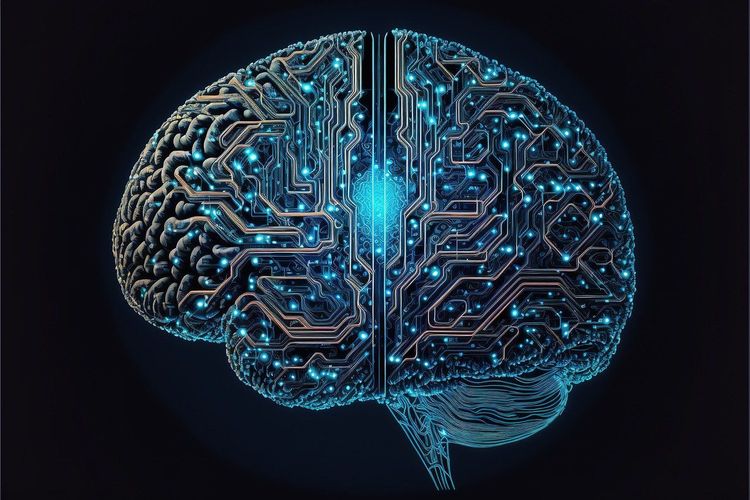IBM and Meta Launch AI Alliance with Global Collaboration
Today, IBM and Meta announced the formation of the AI Alliance, supported by over 50 founding members including AMD, Anyscale, CERN, and numerous esteemed universities and organizations worldwide.
The AI Alliance aims to promote open innovation and open science in artificial intelligence by uniting industry leaders, academia, researchers, and government entities. Its mission focuses on fostering a community where developers and researchers can accelerate responsible AI innovation while prioritizing scientific rigor, trust, safety, security, diversity, and economic competitiveness. By leveraging collective resources and expertise, the alliance will address safety concerns and facilitate a platform for sharing and developing solutions tailored to the needs of global researchers and developers.
In a recent interview, Sriram Raghavan, Vice President of IBM Research, clarified that the timing of the announcement, which follows recent developments at OpenAI and coincides with the EU AI Act negotiations, was purely coincidental. “It’s time for more nuanced discussions around AI,” he stated, emphasizing the need for an open dialogue as AI development shifts towards more closed and proprietary practices.
Raghavan asserted that the narrative surrounding AI must expand beyond just identifying risky models and potential misuse. He emphasized that while recognizing the associated risks is crucial, the solution lies in fostering safe, responsible AI development in an open environment. This includes collaborating on defining benchmarks that ensure models behave safely.
Nick Clegg, President of Global Affairs at Meta, echoed similar sentiments, stating, “Developing AI openly allows broader access to its benefits and promotes innovation. The AI Alliance unites researchers, developers, and companies to share insights and tools, advancing AI responsibly.”
The AI Alliance will focus on six key areas:
1. Benchmark Development: Creating tools and resources for the responsible development and use of AI globally, including a catalog of vetted safety, security, and trust tools.
2. Ecosystem Advancement: Promoting a diverse range of open foundation models, including multilingual and multi-modal systems to tackle societal issues like climate change and education.
3. Hardware Acceleration: Enhancing the AI hardware ecosystem through increased contributions and adoption of enabling software technology.
4. Skills Building: Engaging the academic community to support research and cultivate skills among students and professionals in AI model and tool development.
5. Public Education: Developing resources to inform public discourse and assist policymakers in understanding AI’s benefits, risks, and the need for thoughtful regulation.
6. Open Development Initiatives: Encouraging responsible open AI development and hosting events to showcase Alliance members' innovative uses of open technology in AI.
This collaborative effort marks a significant step towards ensuring AI developments are safe, beneficial, and inclusive for all.





